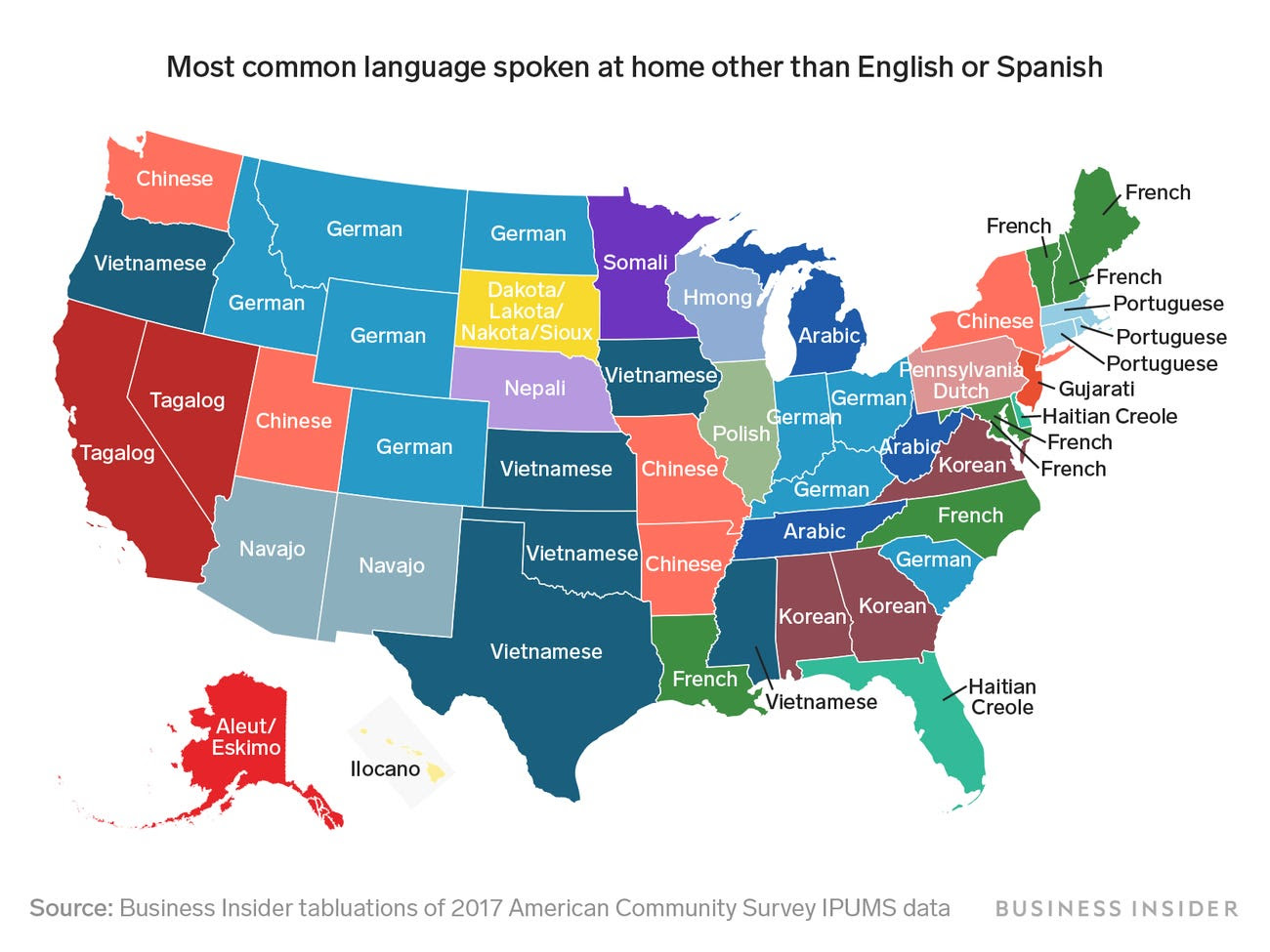Scripts at risk
Andrea Valentino has an intriguing article in BBC Future (1/21/20): "The alphabets at risk of extinction: It isn’t just languages that are endangered: dozens of alphabets around the world are at risk. And they could have even more to tell us."
Usually, when we worry about languages going extinct, we are thinking about their spoken forms, but we are less often concerned about their written manifestations. As Valentino puts it,
This might have something to do with the artificiality of alphabets. Language is innate to all humans, but scripts have to be invented and actively learned. This has happened rarely. Even by the middle of the 19th Century, only 10% of adults knew how to write, and there are only about 140 scripts in use today.
Read the rest of this entry »

